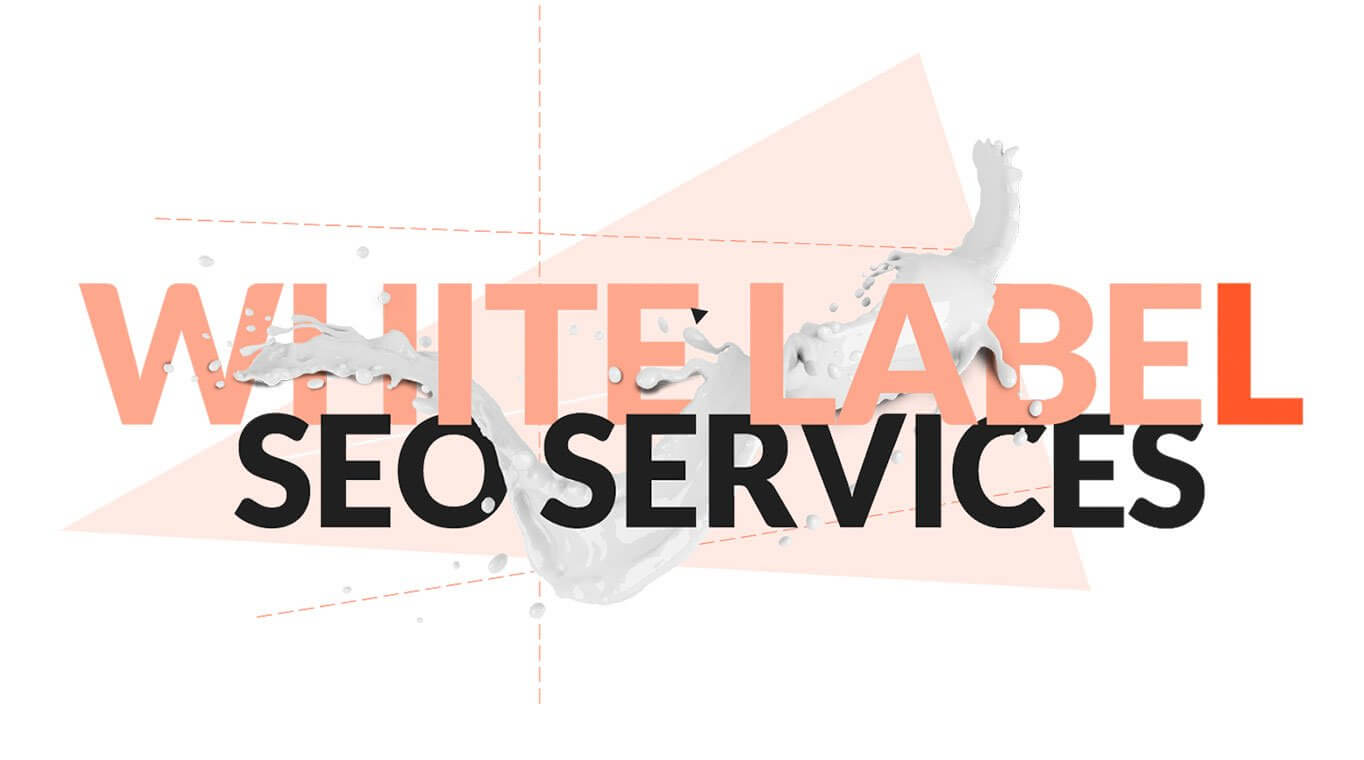About keyword matching options
Keyword match types help control which searches on Google can trigger your ad. So you could use broad match to show your ad to a wide audience or you could use exact match to hone in on specific groups of customers.
Where to start
Consider starting with broad match. You can then add negative match keywords to exclude searches on Google that aren’t related to your business (optional).
Broad match
Broad match is the default match type that all your keywords are assigned. Ads may show on searches that include misspellings, synonyms, related searches and other relevant variations. So if your keyword is 'women’s hats', someone searching for 'buy ladies hats' as well as 'women’s scarves' might see your ad. Learn more about broad match.
Negative keyword
Excludes your ads from showing on searches with that term. So if you’re a hat company that doesn’t sell baseball hats, you could add a negative keyword, designated with a minus sign (-baseball hats). Learn more about negative keywords.
Note
Adding very similar keywords, such as 'red car' and 'car red' isn’t recommended, as only one keyword would match both searches. However, doing so won’t affect your costs or performance in anyway.
For example, the broad match keywords 'red car' and 'car red' will be recognised as duplicates and the one with the higher Ad Rank will be used. Even though all your similar keywords may be eligible to serve on the same search, you'll only have one bid in the ad auction. This ensures that you'll never bid against yourself. Learn more About similar keywords in the same ad group.
Advanced options
These options are recommended for advanced advertisers trying to segment specific sets of searches.
Broad match modifier
Similar to broad match, except that the broad match modifier option only shows ads in searches that include the words with a plus sign '+' in front of them (+women’s hats), or close variations of the '+' terms. Learn more About broad match modifier.
Phrase match
Ads may show on searches that match a phrase, or close variations of that phrase, which may include additional words before or after. Ads won't show, however, if a word is added to the middle of the phrase that changes the meaning of the phrase. Phrase match is designated with quotation marks ('women's hats'). Learn more About phrase match.
Exact match
Ads may show on searches that match the exact term or are close variations of that exact term. Close variants include searches for keywords with the same meaning as the exact keywords, regardless of spelling or grammar differences between the query and the keyword. Exact match is designated with brackets ([red shoe]). Learn more About exact match.
To ensure that you don't miss out on potential customers, we may show your ads for close variations on all keyword types. Learn more About close variants.
Additional tips
Restricting your keywords too much might limit traffic, so try to keep your keywords as broad as possible and layer them with Smart Bidding. Broader keyword can help machine learning technology prioritise the best performing keywords regardless of their match type. Learn more About Smart Bidding.
Keyword match type summaries
| Match type | Special symbol | Example keyword | Ads may show on searches that contain: | Example searches |
|---|---|---|---|---|
| Broad match | none | women's hats | Close variations of the keyword, related searches and other relevant variations. The words in the keyword don’t have to be present in a user’s search. |
|
| Broad match modifier | +keyword | +women’s +hats | All the terms designated with a + sign (or close variations of those terms) in any order. Close variations include terms with the same meaning. Additional words may appear before, after or between the terms. |
|
| Phrase match | “keyword” | “women’s hats” | Matches of the phrase (or close variations of the phrase) with additional words before or after. Close variations include terms with the same meaning. |
|
| Exact match | [keyword] | [women’s hats] | Exact matches of the term or close variations of that exact term with the same meaning. |
|

